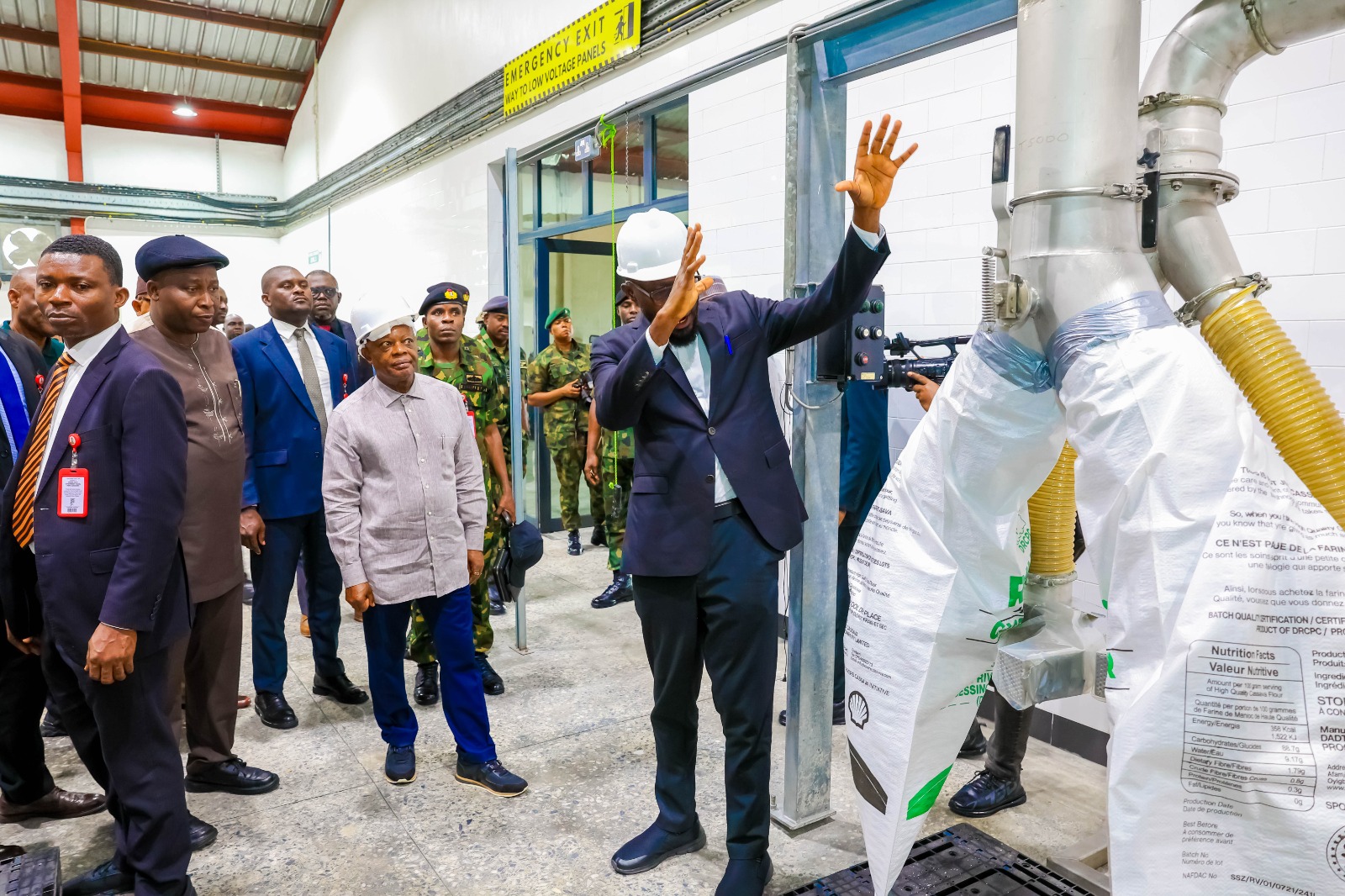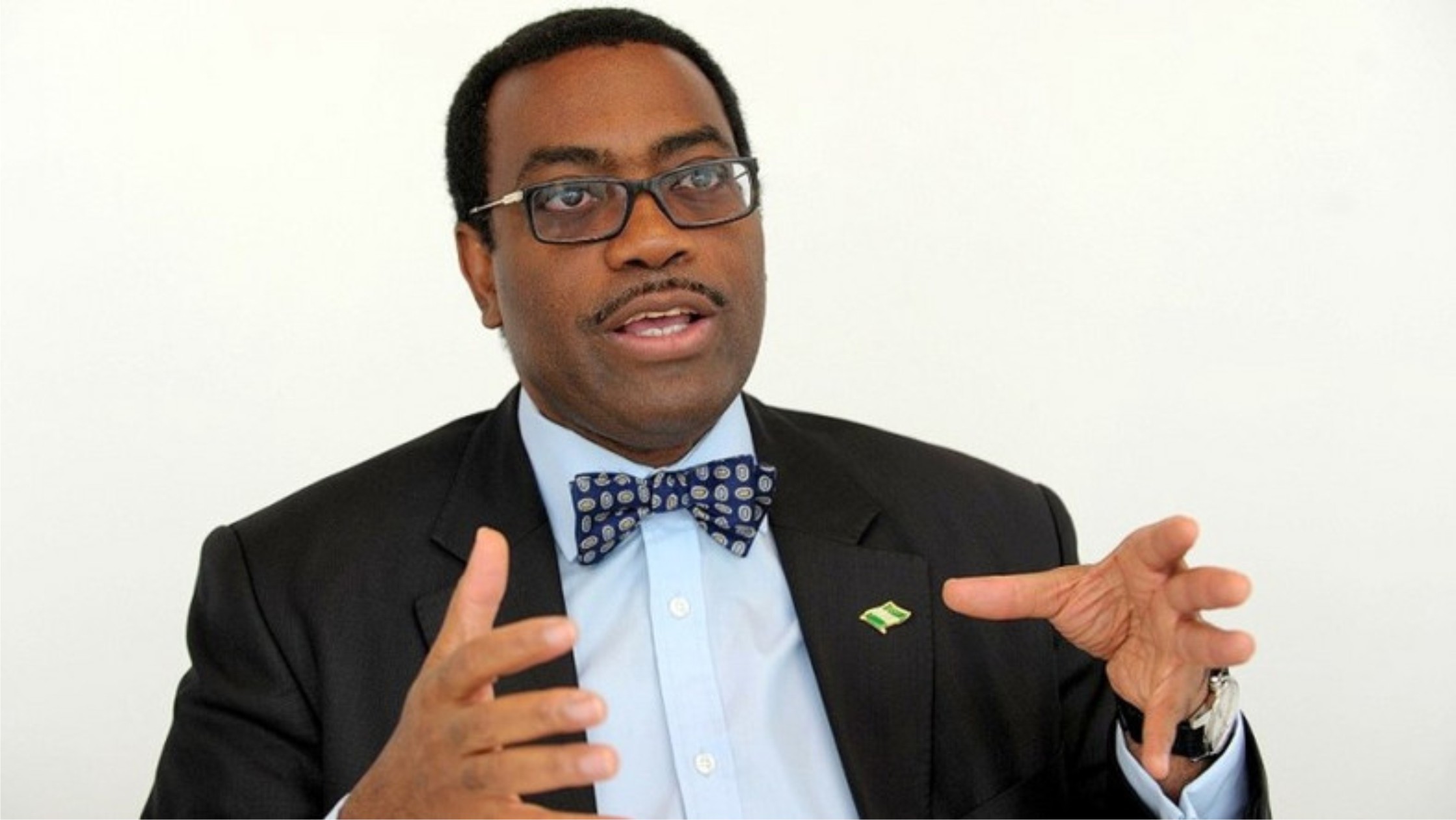Editorial
Responding To Herders’ Threat In Rivers

Editorial
Restoring PH’s Garden City Status

Editorial
2026 CBT for SSCE: How Feasible?

Editorial
UNIPORT @50: Celebrating Excellence

The University of Port Harcourt’s Golden Jubilee celebration, which commenced on 21st July, was concluded yes
terday. With the theme “Celebrating 50 Years of Excellence,” the week-long event offered a reflective look at the institution’s extraordinary transformation—from its humble beginnings in 1975 as a budding academic centre to its present status as a symbol of scholarly excellence in Nigeria and beyond. Founded by the Federal Government as University College, Port Harcourt, it attained full university status in 1977, true to its guiding motto, “For Enlightenment and Self-Reliance.”
This institution has been instrumental in shaping Nigeria’s educational landscape. Its leadership journey began with the pioneering efforts of its first Vice-Chancellor, Professor Donald Ekong, who served from 1977 to 1982. During his tenure, he established the academic foundation and values that have continued to guide the university. Successive administrations have built upon this legacy, with the current Vice-Chancellor, Professor Owunari Georgewill, carrying the torch of visionary leadership.
Over the past five decades, the University of Port Harcourt (UNIPORT) has blossomed into a veritable melting pot of disciplines, celebrated for its impressive research output and unwavering contributions to national development. What began in 1977 with a modest six schools evolved into a full-fledged faculty system by 1982, a strategic shift designed to accommodate its expanding academic programmes and swelling student population. This transformation is a testament to the university’s ability to move with the times and keep its finger on the pulse of higher education.
UNIPORT was established during a period when the nation’s leaders recognised the pressing need to widen access to tertiary education. Its founding vision was not simply to churn out graduates, but to cultivate thinkers, innovators, and nation-builders. Through thick and thin, the institution has remained steadfast to this noble mission, undeterred by the challenges that have inevitably come its way.
The university’s commitment to fostering goodwill with its host communities, such as Choba and Aluu, speaks volumes. Recent visits by the Governing Council, under the leadership of Senator Mao Ohuabunwo, highlight a hands-on approach to building bridges and strengthening these crucial relationships. After all, maintaining a strong social licence to operate is no walk in the park and requires constant effort and engagement.
UNIPORT’s pursuit of academic excellence has not gone unnoticed on the international stage. In 2015, the university pulled off a remarkable coup when “Times Higher Education” ranked it sixth in Africa and first in Nigeria – a feather in its cap and a clear endorsement of its commitment to quality education, ground-breaking research, and innovation. This accolade has firmly cemented its standing among the continent’s foremost academic powerhouses.
Its research achievements have been nothing short of transformative, particularly in fields such as health, petroleum exploration, and environmental sciences. The trailblazing innovations of the Central Instrument Laboratory, showcased during World Laboratory Day 2025, underline its critical role in pushing scientific boundaries. Today, its reputation as Nigeria’s top research institution stands as incontrovertible proof of its intellectual mettle.
Since July 2021, the university has been under the astute leadership of Professor Georgewill, whose tenure has been marked by far-reaching initiatives aimed at raising the bar in academics, research, and community service. His administration has been keen to leave no stone unturned in enhancing the university’s global profile.
With 14 faculties and more than 60,000 students, UNIPORT has produced an army of distinguished graduates – from Masters and PhD holders excelling worldwide to public figures of national prominence. Among its illustrious alumni are former President Goodluck Jonathan, ex-Rivers State governors Chibuike Amaechi and Nyesom Wike, as well as Abia State Governor Alex Otti. The Theatre Arts Department has also given Nigeria some of its brightest Nollywood stars, including Rita Dominic, Sam Dede, and Hilda Dokubo, who have all added rich hues to the country’s cultural tapestry.
The university’s legacy is further enriched by the scholarship of eminent academics such as Professor Ebiegberi J. Alagoa, renowned historian and former vice-chancellor, Professor Kelsey Harrison, the acclaimed gynaecologist and former vice-chancellor, and the late intellectual giants, Professors Ola Rotimi, Kay Williamson, Nimi Briggs, and Claude Ake. Their enduring contributions have ensured UNIPORT remains a cradle of intellectual brilliance.
Yet, it would be remiss to ignore the hurdles ahead. Infrastructure development, though ongoing, often feels like watching paint dry. The Senate Building’s relocation from Delta Park to University Park marks some progress, but facilities such as the crumbling University Crab and the overstretched teaching hospital are crying out for attention. A shortage of lecture halls, classrooms, and hostels continues to hamper the learning experience. The golden jubilee is, therefore, a golden opportunity to tackle these gaps head-on and set UNIPORT on a path to global prominence.
As this Ivory Tower celebrates its 50th anniversary, it must also take stock and look to the future with a bold vision. To climb the global university rankings, it needs to invest strategically in world-class research, digital education, and international collaborations with top-tier institutions.
We call upon the Federal and Rivers State Governments, corporate organisations, and public-spirited individuals to rally behind UNIPORT’s renewal. A university that has shaped leaders of national and global stature should not be left to make bricks without straw; it deserves robust financial and infrastructural backing.
On this historic milestone, we heartily congratulate the University of Port Harcourt for half a century of service to Nigeria and humanity. The next fifty years should be marked by audacious ambitions, cutting-edge innovation, and an unrelenting pursuit of excellence. Here is to a golden past and an even brighter future, the best, as they say, is yet to come!
-
Business3 days ago
Investment Flow To Nigeria Drops By 70%
-

 Business3 days ago
Business3 days agoAfDB Secures N3.4trn For Agro-industrial Processing In Nigeria
-

 Featured3 days ago
Featured3 days agoNigeria Accounts For 70% Of 11m Illegal Arms In W/Africa
-
Business3 days ago
CBN Plans Legal Action Against FX Contract Violators
-
Politics3 days ago
APC Doesn’t Have Money, Relies On Elected Members For Funds – NWC Member
-
Politics3 days ago
Rivers LG Polls: IPAC Asks Political Parties Not To Participate
-

 News3 days ago
News3 days agoNCos Frees 28,149 Inmates After Payment Of Fines, Compensation In 2024
-
News3 days ago
Be Cautious About AI, VC Tells Scholars

